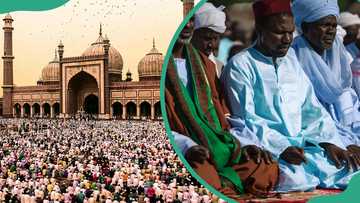Why Ramadan 2018 in Nigeria is easier than in New York
Ramadan in non-Muslim countries is always harder for people who are true believers. The point is that Ramadan is a very special time for each faithful Muslim and it’s quite hard to survive in places where people don’t observe the fasting and have no time for prayers. Do you know how hard is it to keep Ramadan in New York?
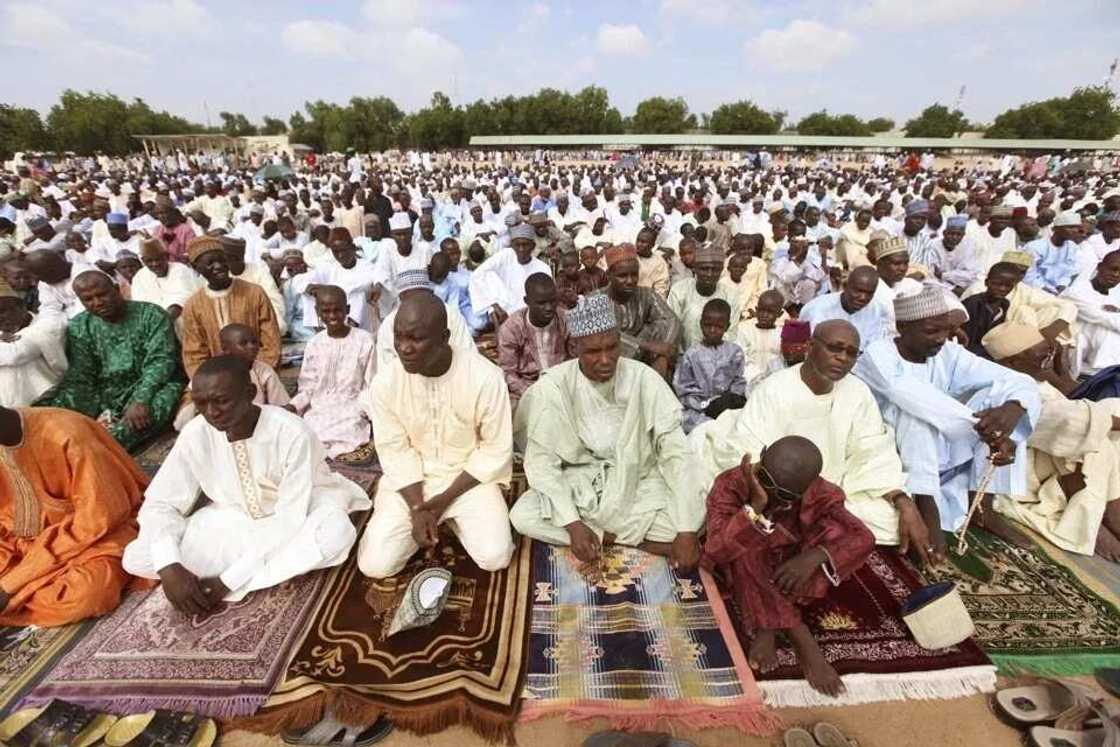
What’s the sacred meaning of Ramadan for Muslims and which specific features does it have?
Ramadan is a whole month of the obligatory fasting for all faithful Muslims. It’s one of the five basics of the whole Islamic religion. The month of fasting means refusing to take food, smoking, having intimate contacts during the day hours. The month lasts for 29 to 30 days, depending on the Moon calendar and comes in compliance with this calendar.

READ ALSO: Ramadan: Islamic cleric reveals why Muslims must trust Allah, live in peace with others
Every day fasting begins after dawn and ends with the sunset. In countries like Nigeria that are quite close to the equator the time for these points in time are practically always the same. For the Muslims in other countries, it has been recommended to use Mecca time schedule.
However, in most cases, people just use the local time. Only in places where there are polar nights and days, Muslims should use the timetable of any neighbouring country where days and nights differ from each other. Of course, in New York, a person can easily tell a day from a night but the time for fasting is quite different from the one in Nigeria.
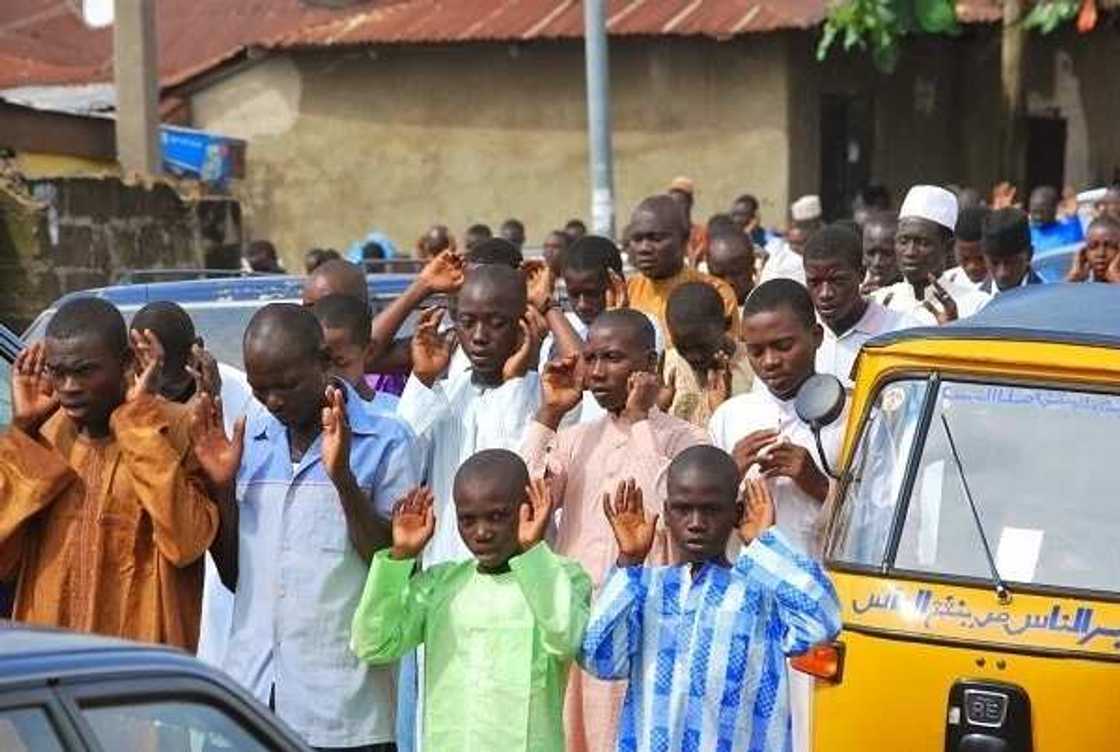
It happens sometimes that Ramadan comes in winter (due to the fact that it moves closer to the winter by 11 days every year, in compliance with the Moon calendar) and fasting in western countries is short. Yet, when it comes in spring or summer, the days are longer in NY than in Nigeria and the hunger last for several hours more for the Muslims in that city.
For instance, days lasted for 12 hours 30 minutes during Ramadan 2017 Nigeria (the end of May). In New York, days last for up to 15 hours during the same season. The difference is obvious.
The essence of Ramadan for faithful Muslims is in the fact that this time helps them turn away from their bodily needs and train their faith and souls. The cleanness of the body, freedom from bodily passions and desires are appreciated by the Lord.
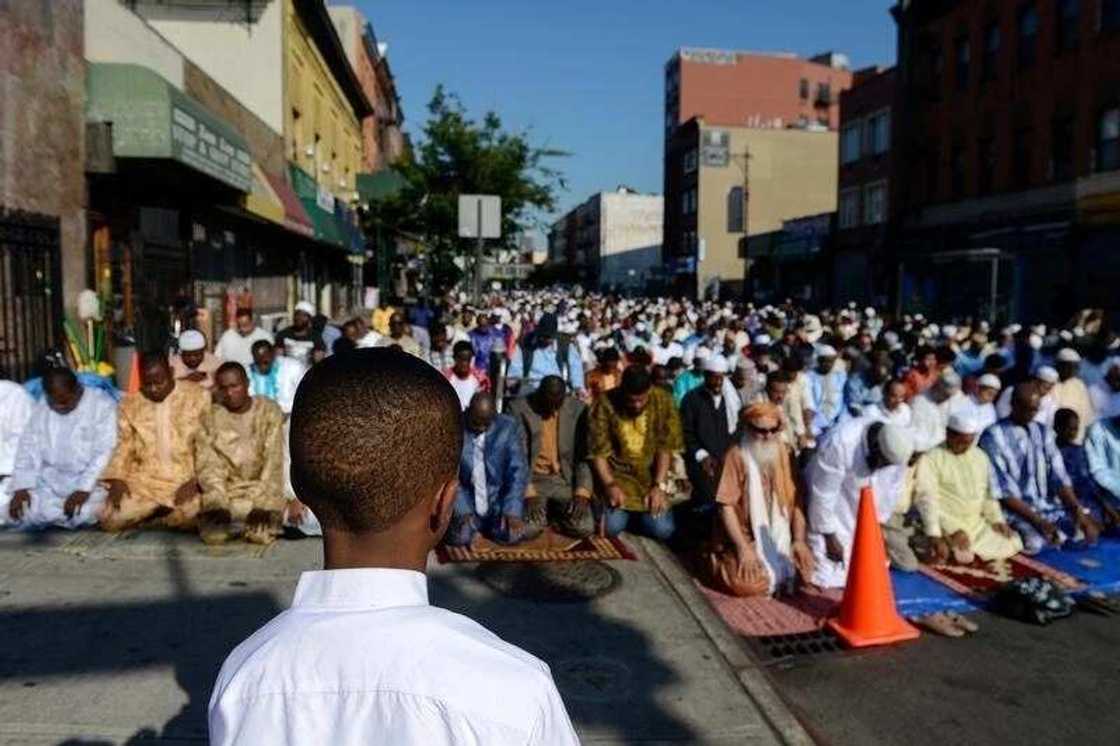
In some countries where Muslims and non-Muslims live closer to each other, the non-Muslim side manages not to disturb the Muslim population by their everyday life during Ramadan fasting.
Ramadan in New York among non-Muslims
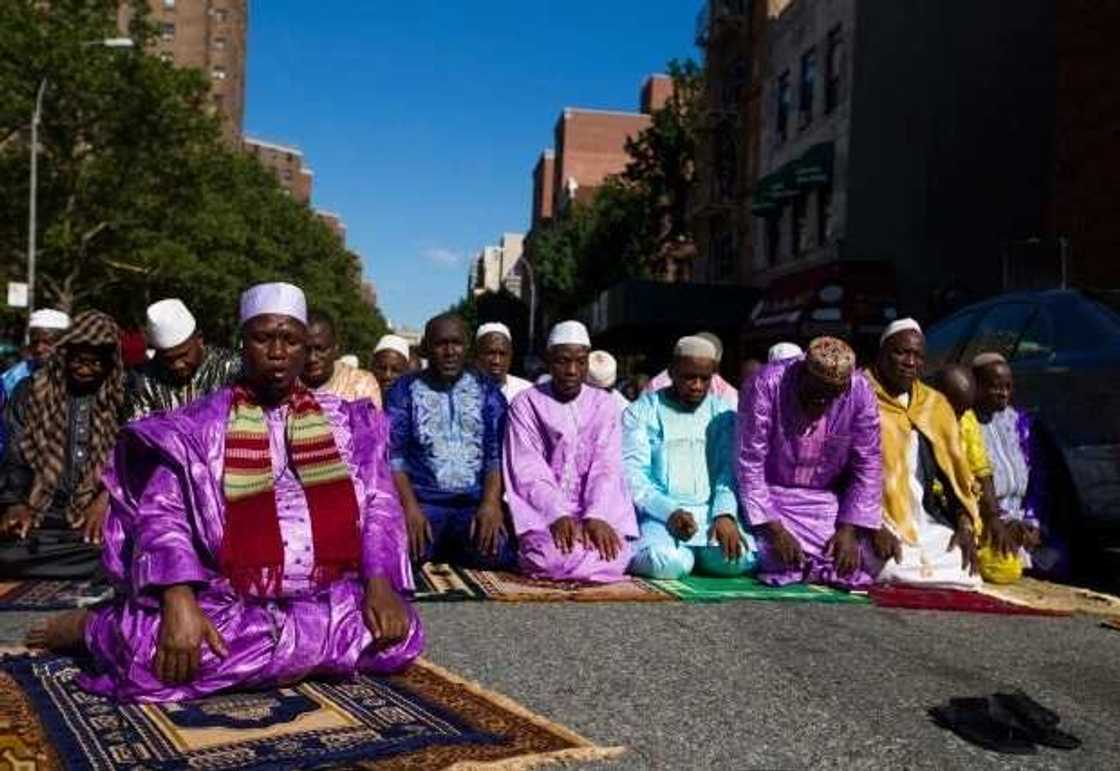
Let’s take a look at a typical day of a Muslim in a non-Muslim country who needs to keep the fast and cohabitate with other people in the area and typical hardships that emerge during this time.
- Suhoor (the morning meal) should be completed before the day breaks. Then, it’s necessary to pray in the masjid. A person needs to rush there, pray, and be back home before he or she is late for work. A quick shower before rushing to work and that’s it. There’s no time to give attention to Qur’an or think about important things that should be contemplated during Ramadan
- The regular working hours in non-Muslim countries mean communicating with a lot of people, involving the opposite gender. As a rule, when Ramadan comes, it’s already very warm and women in a lot of countries tend to dress in light clothes that expose their bodies. This can be a huge trial for a Muslim man during the fasting when the mind should be clear of such thoughts!
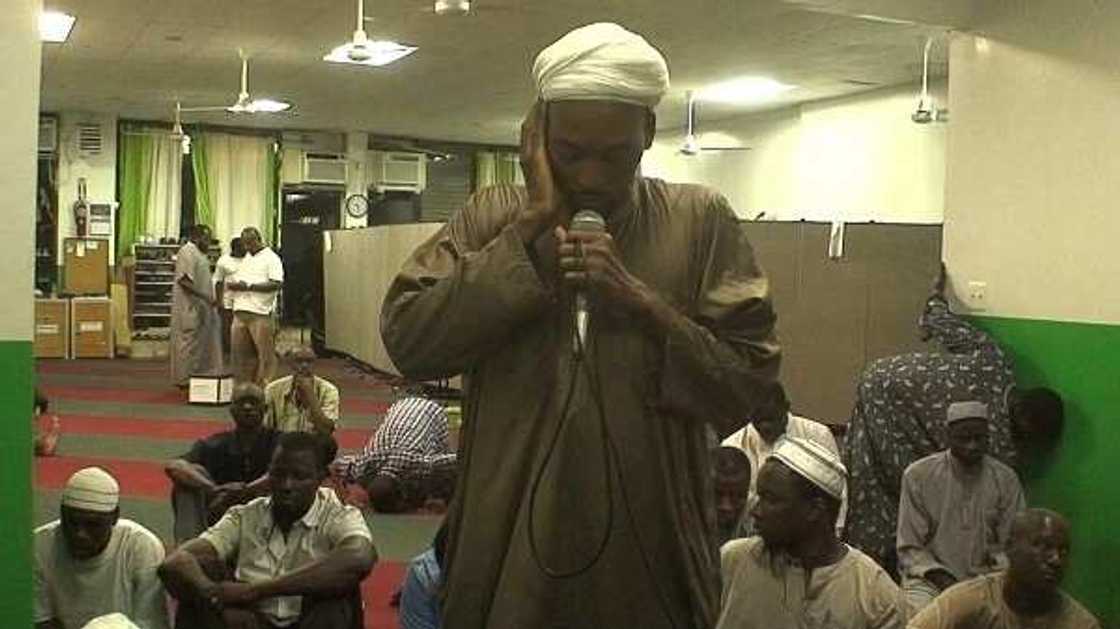
- In non Muslim countries people are used to having lunch breaks or simple coffee breaks every now and then and will not stop their routine. For a person who’s fasting during the whole month it can be a tempting routine, except for the very disciplined ones. The same is with smoking. It’s quite hard to stay calm and serene while colleagues take a cigarette break and you can’t do it
- Working hours often last later than the sunset. Something may happen and a person is forced to stay overtime until late in the evening. This is already the time to take an evening meal, finally, after the long hungry day, and a person often has the time enough only for rushing back home from work and sitting down for the iftaar (the evening meal)
- In a very short while, the time for Isha (the prayer) comes and it’s again necessary to rush to the masjid. On evenings, New York is crowded with cars and traffic jams are a regular thing. People have to use no less crowded subways or even run on foot to reach the place
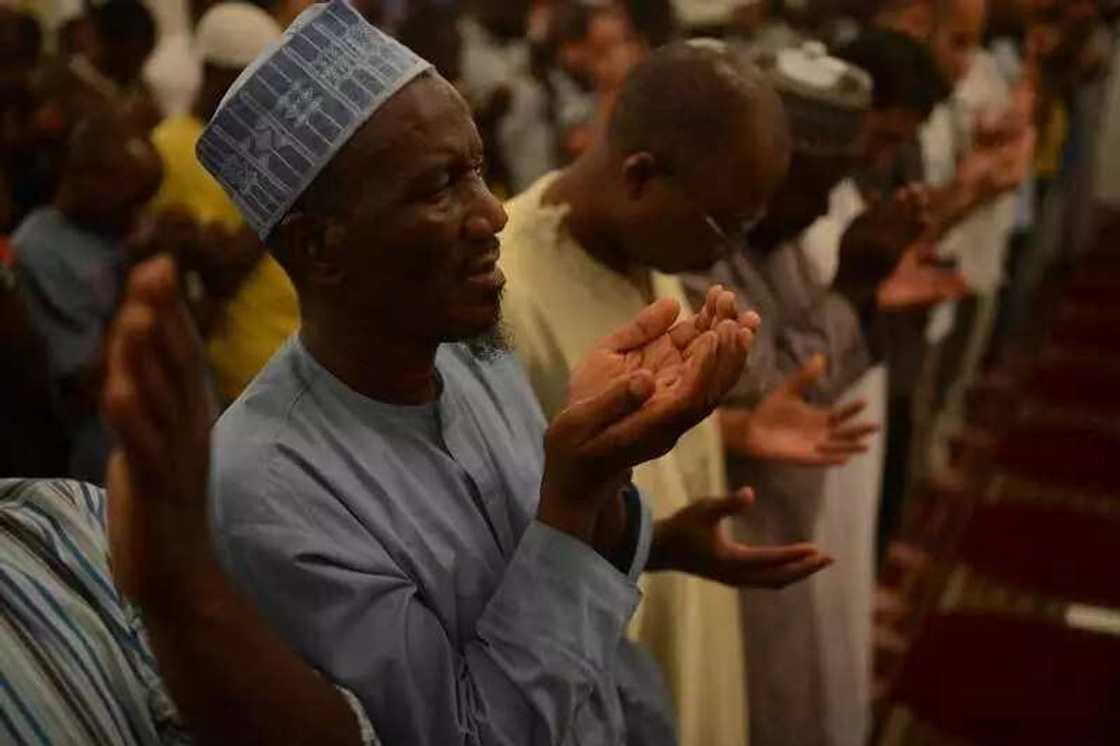
- Depending on each Imam, the tarawih (the collective prayer) may last for a very long time. When people return home, it’s already about midnight. Remember that it’s necessary to have a morning meal before the dawn breaks!
- Some totally faithful Muslims have the energy to wake up even earlier for qiyaam-ul-layl (the night prayer that should be completed before suhoor) and even to keep away from brushing their teeth (the action can be classified as violation of the fasting if the toothpaste that gets inside the mouth during the process). Leaving teeth uncleaned is not really loved in a place of work.
- This is briefly what a person experiences while living and working in non-Muslim countries.
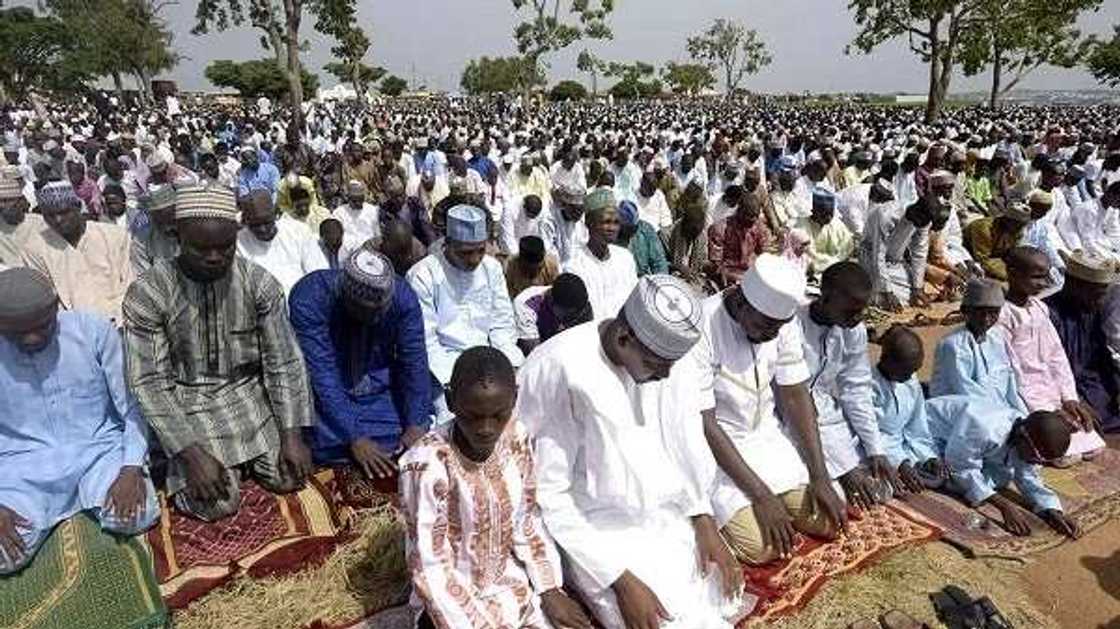
To recapitulate the above-said things, living through Ramadan can be quite hard for a Muslim who is far away from the Muslim society. However, no pain – no gain. Maybe, the sacrifice of living in such conditions makes the sacred fasting even more appreciated by the creator. This fact alone is well worth a lot for the believers.
READ ALSO: Ramadan Day 14: Are Muslims allowed to take bath, brush teeth while fasting?
Source: Legit.ng





